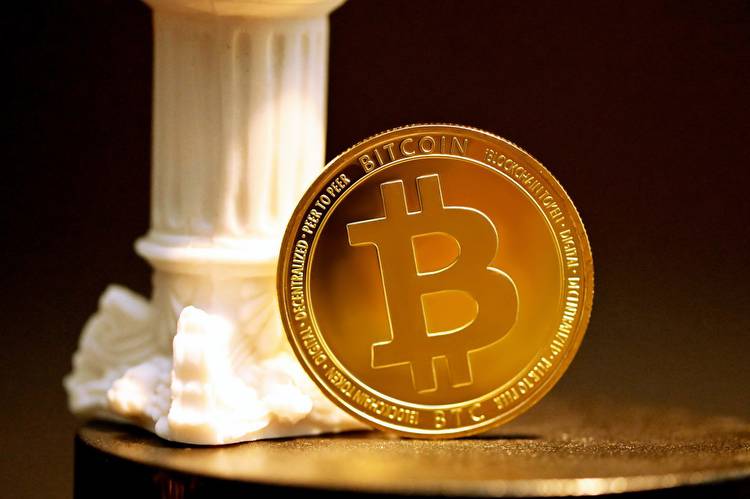The UK embracing cryptocurrencies and the impact on online gambling

Just last month, Britain’s Financial Services Minister Andrew Griffith rejected calls to regulate crypto assets as gambling.
The minister stated that such a move would put the country at odds with global and European Union regulators.
The Parliament’s Treasury Select Committee’s report, released in May, suggested regulating certain cryptocurrencies as gambling due to the perceived risks to consumers.
However, Griffith argued that such a move would diverge from globally agreed recommendations and put Britain’s stance on crypto regulation at odds with international standards.
Instead, the country aims to become a prominent player in the crypto space and is already working on rules for the sector.
Crypto ownership in the UK more than doubled in 2022, with nearly one in 10 people now owning cryptocurrencies, according to the recently announced survey by Financial Conduct Authority (FCA).
Various industries, including online gambling, highly welcome the integration of cryptocurrency as a payment option.
These virtual currencies offer numerous advantages over traditional fiat currencies, making them an ideal fit for the fast-paced and global nature of the online gaming industry.
Bitcoin, the world’s first decentralised cryptocurrency, stands as the most popular name.
There are many cryptocurrencies out there, like Ethereum, Ripple and Cardano.
However, Bitcoin’s early adoption, strong brand recognition, network effects, security, and wide acceptance have contributed to its status as the most popular and dominant cryptocurrency in the market.
Bitcoin transactions are pseudonymous, meaning players can enjoy a level of privacy and anonymity not typically available with traditional payment methods.
They usually incur lower fees compared to credit cards or bank transfers.
Its borderless nature enables players from different parts of the world to play without worrying about currency conversion or international transaction fees.
For high-rolling players, this can translate to substantial cost savings in the long run.
In addition, Bitcoin transactions are processed instantly. This speed is particularly advantageous for live table games, where quick decisions are crucial.
Live table casino games have taken the online gambling world by storm, offering players an authentic and immersive casino experience from the comfort of their homes.
With the emergence of cryptocurrencies, particularly Bitcoin, as a viable payment option, the world of live table gaming has seen even greater popularity and accessibility.
Live table casino games have become a favourite among online gamblers due to their unique blend of real-time action and interactive gameplay.
Unlike other online casino games that mainly use random number generators (RNGs) to determine outcomes, live table games feature real dealers, physical cards, and actual equipment, such as die or roulette wheels.
Players can watch the game unfold in real-time via high-definition video streams, adding an element of trust and transparency to the gaming experience.
Popular live table games include blackjack, roulette, baccarat, and poker variations.
The social aspect of live gaming allows players to interact with the dealer and other participants through a live chat feature, replicating the camaraderie found in brick-and-mortar casinos.
This level of engagement is what sets live table games apart and makes them an attractive option for players seeking an authentic casino atmosphere from the comfort of their homes.
When live table gaming is combined with Bitcoin as a payment option, players enjoy a seamless and enhanced gambling experience.
The speed and privacy of Bitcoin transactions complement the real-time action of live table games, providing a smooth and secure gaming process.
Additionally, players who prefer to keep their gambling activities discreet can do so, as Bitcoin transactions do not leave a trail of personal information.
As technology and cryptocurrency adoption continue to evolve, the future of the Bitcoin casino world looks promising, especially with ongoing regulatory support.





































